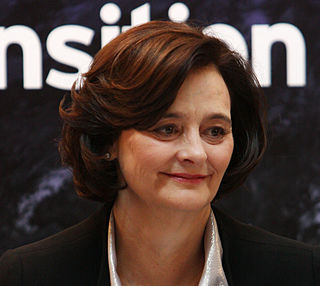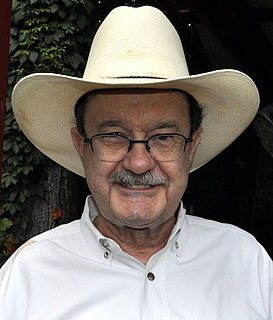A Quote by Stephen Stills
Related Quotes
Getting the message out there to speak out is huge, and I think you can be the brightest person in the room, but people never know what's going on really inside and the hardest thing is to speak out. You've got to speak out. I think sometimes you maybe hold it all in and it can get too much at times.
My art gets called political, as opposed to my intending it to be political. I think that's something that happens with black artists or marginalized voices trying to speak truth. Because there are things in the status quo to speak out against, speaking out against them will inherently be political.
How any human being ever has had the impudence to speak against the right to speak, is beyond the power of my imagination. Here is a man who speaks-who exercises a right that he, by his speech, denies. Can liberty go further than that? Is there any toleration possible beyond the liberty to speak against liberty-the real believer in free speech allowing others to speak against the right to speak?




































